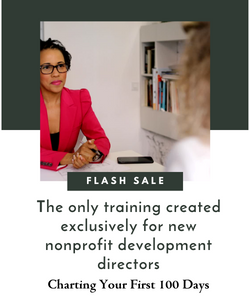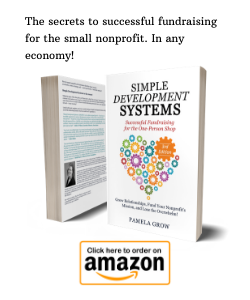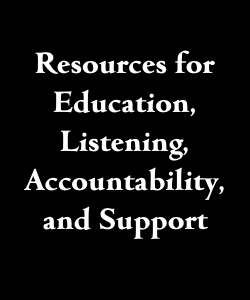
Harlem RBI is a nonprofit founded with the goal of teaching children life lessons through baseball. The organization provides opportunities to inner city youth through the power of teamwork, and baseball.
In 2008, in response to a need for better education access, RBI opened the doors to their DREAM Charter School. The institution, an extension of who RBI is and the wonderful work that they do, embraces the core values and goals of the program. This safe space welcomes children in Pre-K through eighth grade, and enables students to learn beyond the books. The teachers and staff are collectively involved in practicing a nontraditional approach; one that encompasses physical, mental, and emotional growth and well-being.
How can you bridge the gap between advantage and disadvantage? The program is rooted in the understanding that a “healthy and resilient body enhances an active, critical mind.” By the end of their DREAM journey, graduates are prepared to thrive wherever they go, whether it be a competitive high school or a respected university. They’re also prepared to go forth and contribute to the world.
This poignant video reflects what is best about Harlem RBI and DREAM Charter, through the power of storytelling. From start to finish, it’s clear that Harlem RBI’s twenty-five year history is rich with narratives. The transition from tragedy to triumph here is brilliant. Give the clip a viewing and you’ll see what I mean.
Megan Hodges, Development Officer of Harlem RBI, explains,
“Our film is titled “This is a story about failure” and at first, it felt risky to portray our youth and organization in that light. But, failure is truly at the heart of our work.
Just look at the game of baseball where if you get a hit just three out of 10 times at bat, you’re likely to be an All Star. Anyone who remembers childhood or has kids, knows that our daily failures are many and it’s how we learn and grow.
Our job is to give our kids a safe space in which they can fail, an opportunity not often afforded to kids in low-income neighborhoods. We’ll be there for them every time. Sometimes the stakes are low, like getting a math problem wrong, and sometimes they are high, but either way, we will stand with our youth.”

















 I can’t wait to meet with you personally.
I can’t wait to meet with you personally.
Comments on this entry are closed.